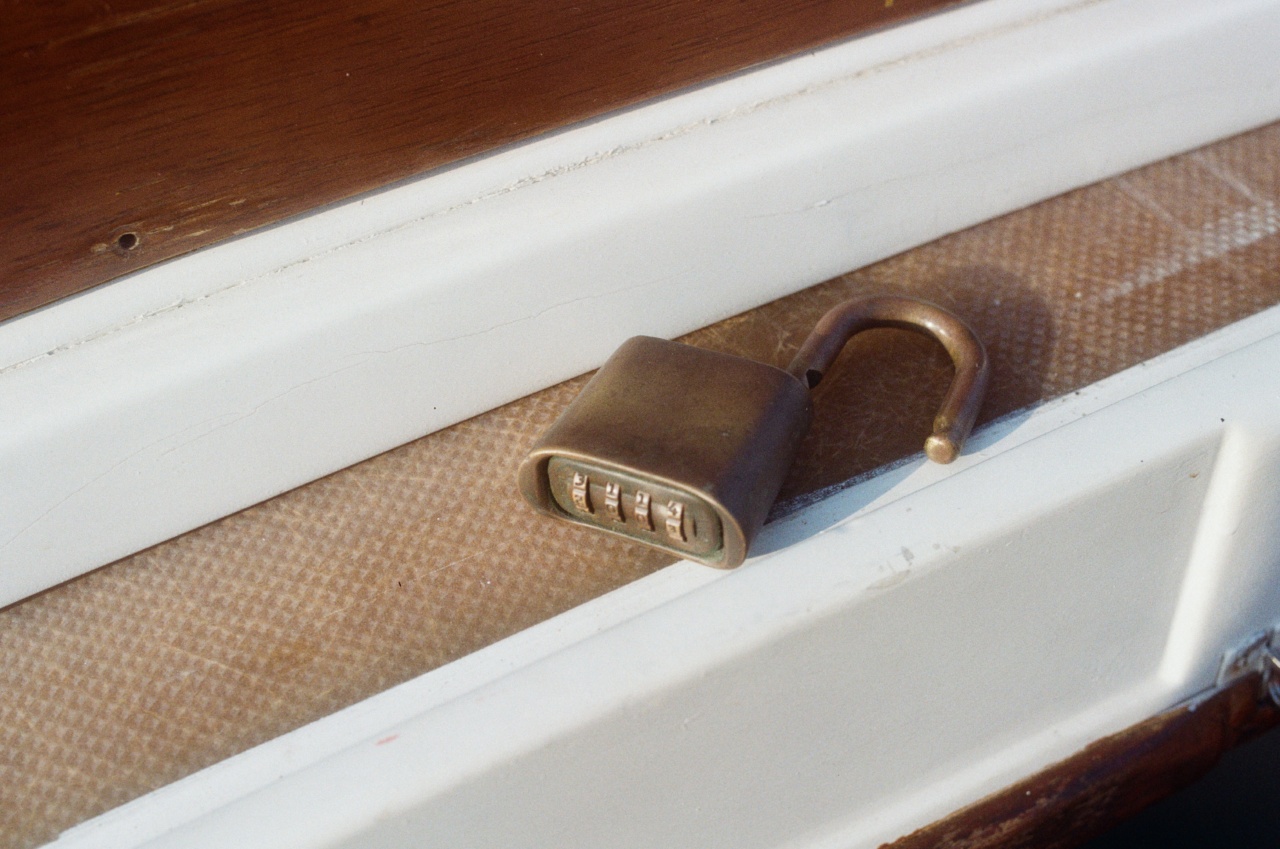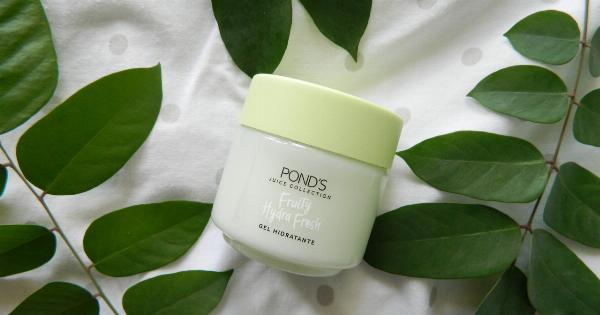When it comes to sun protection, most people tend to focus on their skin and forget about their lips. However, the lips are one of the most sensitive areas of the body and are particularly susceptible to damage from the sun’s harmful UV rays.
Just like the rest of your skin, your lips can experience sunburn, premature aging, and an increased risk of developing skin cancer.
The dangers of sun exposure on the lips
1. Sunburn: The skin on the lips is thinner and more delicate than the skin on the rest of the body, making it more prone to sunburn. Sunburned lips can become swollen, tender, and blistered, causing discomfort and pain.
2. Dryness and chapping: Sun exposure can cause the lips to become dry, cracked, and chapped. The UV rays can deplete the natural oils and moisture from the lips, leading to discomfort and an unattractive appearance.
3. Premature aging: Prolonged sun exposure can accelerate the aging process, leading to the formation of wrinkles, fine lines, and age spots on the lips. The skin loses its elasticity and firmness, making it more prone to sagging and thinning.
4. Skin cancer: The lips are a common site for the development of skin cancer. Squamous cell carcinoma is the most common type of lip cancer, often caused by excessive sun exposure.
It typically appears as a red or white patch on the lips and can be life-threatening if left untreated.
How to protect your lips from the sun
1. Wear lip balm with SPF: Look for a lip balm that contains a high SPF rating, ideally 30 or higher. Apply it generously and reapply every two hours, or more frequently if you are swimming or sweating heavily.
2. Seek shade: Whenever possible, seek shade during the peak hours of the sun, typically between 10 am and 4 pm. This can help minimize direct exposure to the sun’s rays and protect your lips.
3. Wear a wide-brimmed hat: A wide-brimmed hat not only protects your face and scalp but also provides shade for your lips. Opt for a hat that has a wide enough brim to shield your lips from direct sunlight.
4. Use a lip sunscreen: In addition to lip balm, consider using a dedicated lip sunscreen for added protection. These products typically have a higher SPF rating and are specifically formulated to shield the lips from harmful UV rays.
5. Avoid tanning beds: Tanning beds emit harmful UV radiation, which can contribute to the development of skin cancer, including lip cancer. Avoid using tanning beds altogether to protect your lips and the rest of your body.
6. Stay hydrated: Keeping your body hydrated helps maintain the moisture levels in your lips, reducing the risk of dryness and chapping. Drink plenty of water throughout the day to keep your lips looking and feeling healthy.
7. Consider lip balms with natural ingredients: Some lip balms contain natural ingredients with additional sun protection properties. Look for balms that contain ingredients like beeswax, shea butter, coconut oil, or zinc oxide.
8. Exfoliate gently: Regularly exfoliating your lips can help remove dead skin cells and keep them smooth. However, be gentle when exfoliating and avoid overdoing it, as this can worsen dryness and irritation.
9. Be mindful of your habits: Try to avoid licking your lips excessively, as this can strip away the natural oils and moisture, leaving them vulnerable to sun damage.
Additionally, if you smoke, consider quitting, as smoking not only damages the lips but also increases the risk of developing lip cancer.
10. Regularly check for signs of skin cancer: Pay attention to any changes in the appearance of your lips, such as unusual patches, sores that do not heal, or persistent discoloration.
If you notice anything unusual or concerning, consult a dermatologist for a thorough examination.




























